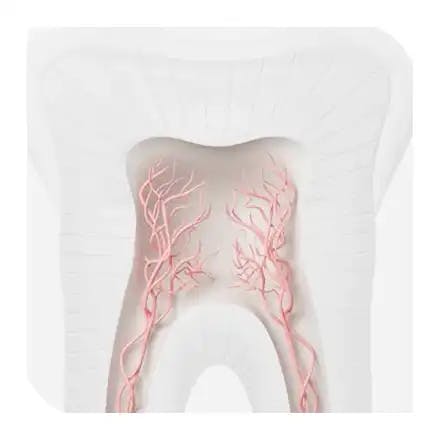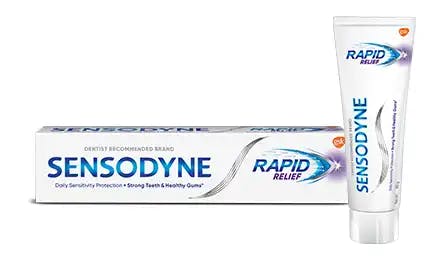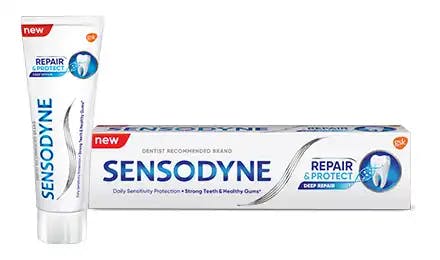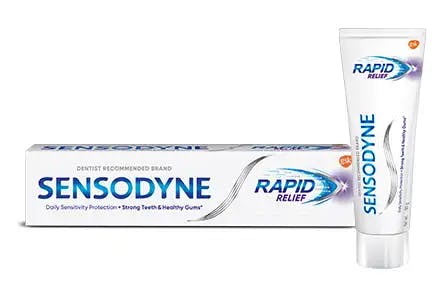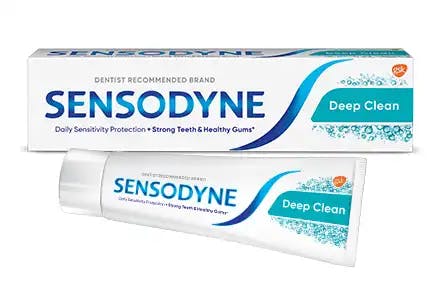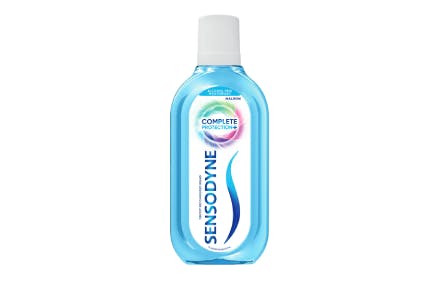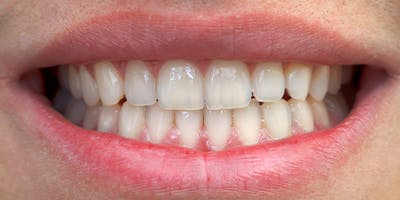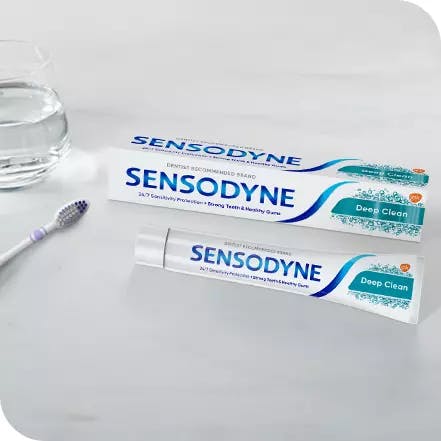Why Are My Teeth Becoming Translucent?
Have you ever taken stock of the colour of your teeth? If you feel that your teeth are becoming transparent, it may be a sign that your enamel is eroding, which is a common dental condition. Take control of your dental health by understanding the causes of enamel erosion and what you can do about it.
Understanding Why Your Teeth Look Translucent
Enamel is a strong protective outer coating that shields your teeth from damage. Enamel colouring can be complex. In reality, your teeth take their colouring from the dentine, which is the layer beneath the enamel, which is yellow, and the chromatic influences of enamel such as opalescence, gloss, and translucency. When your enamel becomes worn or damaged, it can expose the dentine beneath and may lead to increased sensitivity to hot and cold foods and beverages. It's up to you and your dentist or dental professional to determine if your enamel has started to look different or the colour from your dentine becomes readily visible. It may be a sign that your enamel is eroding.
Causes of Dental Erosion and Translucent Enamel
Dental erosion and the appearance of translucent teeth can result from various factors, including:
Teeth Erosion: Teeth erosion occurs when the protective enamel on your teeth wears away over time due to acidic foods and beverages, tooth grinding, or aggressive brushing. As the enamel thins, the underlying dentine becomes more visible. It's important to note that this kind of erosion is characterized as a loss of mineralised tooth substance due to exposure to acid, not oral bacteria.
Genetics: Genetic factors can play a significant role in the thickness and strength of enamel. One of the most common inherited conditions regarding teeth is enamel hypoplasia, a condition where teeth develop with an insufficient amount of enamel.
Medical Conditions: Certain medical conditions such as coeliac disease or acid reflux can contribute to enamel loss, leading to transparent teeth. Those with GORD may have their teeth damaged by gastric acid, especially when they're asleep. Reflux events put the teeth in constant contact with stomach acids, which can erode the enamel. Individuals with coeliac disease may find that the disease manifests itself orally, as a reduction in saliva and dental defects like poor enamel formation. In fact, one study found that the percentage of paediatric patients with coeliac disease who also had enamel hypoplasia may be as high as 40-50%.
Tips to Keep Enamel Healthy
You cannot prevent genetic conditions like coeliac disease or enamel hypoplasia, but physical effects like acid erosion are under your control. Prevention is key to maintaining healthy enamel and preventing translucent teeth. Here are some tips to keep your enamel healthy:
Avoid acidic foods and beverages: Limit your consumption of acidic foods and drinks, as they can contribute to enamel erosion. Rinse your mouth with water after consuming acidic foods and drinks.
Chew sugar-free gum after eating: Chewing gum can promote the production of saliva, which helps neutralise acids.
Use a soft-bristled toothbrush such as a Sensodyne toothbrush and use gentle brushing techniques to help protect against further enamel wear.
Switch to fluoride toothpaste: Use a fluoride toothpaste recommended by your dentist to strengthen enamel and reduce enamel loss. Consider using a specialty toothpaste like Sensodyne Pronamel Daily Protection, which is formulated to help protect and strengthen enamel.
Professional Treatment for Enamel Loss and Translucent Teeth
Dental erosion does not always require treatment, especially if you maintain good oral hygiene and visit your dentist regularly. However, if your dentist feels intervention is needed, treatment options commonly used in India aim to protect the enamel and the dentine beneath. In some cases, a procedure called dental bonding may be sufficient. Your dentist applies a tooth-coloured composite resin to the affected teeth, which can restore shape, conceal discolouration and provide protection. Bonding is minimally invasive, relatively affordable in India, and usually lasts several years with good care. In more advanced cases, your dentist may recommend veneers. These custom-made porcelain or composite shells are placed on the front surface of the teeth to improve appearance and strength. While porcelain veneers can last 10–15 years, they require the removal of some enamel, making them a more invasive and costlier option compared to bonding.
Translucent teeth can be a cosmetic concern for many individuals. Dental erosion, genetics, and other factors can contribute to this issue. However, with the right treatments andpreventive measures, you can maintain a confident smile and protect your dental health. If you're concerned about translucent teeth, consult with your dentist to discuss the best course of action for your specific situation.
